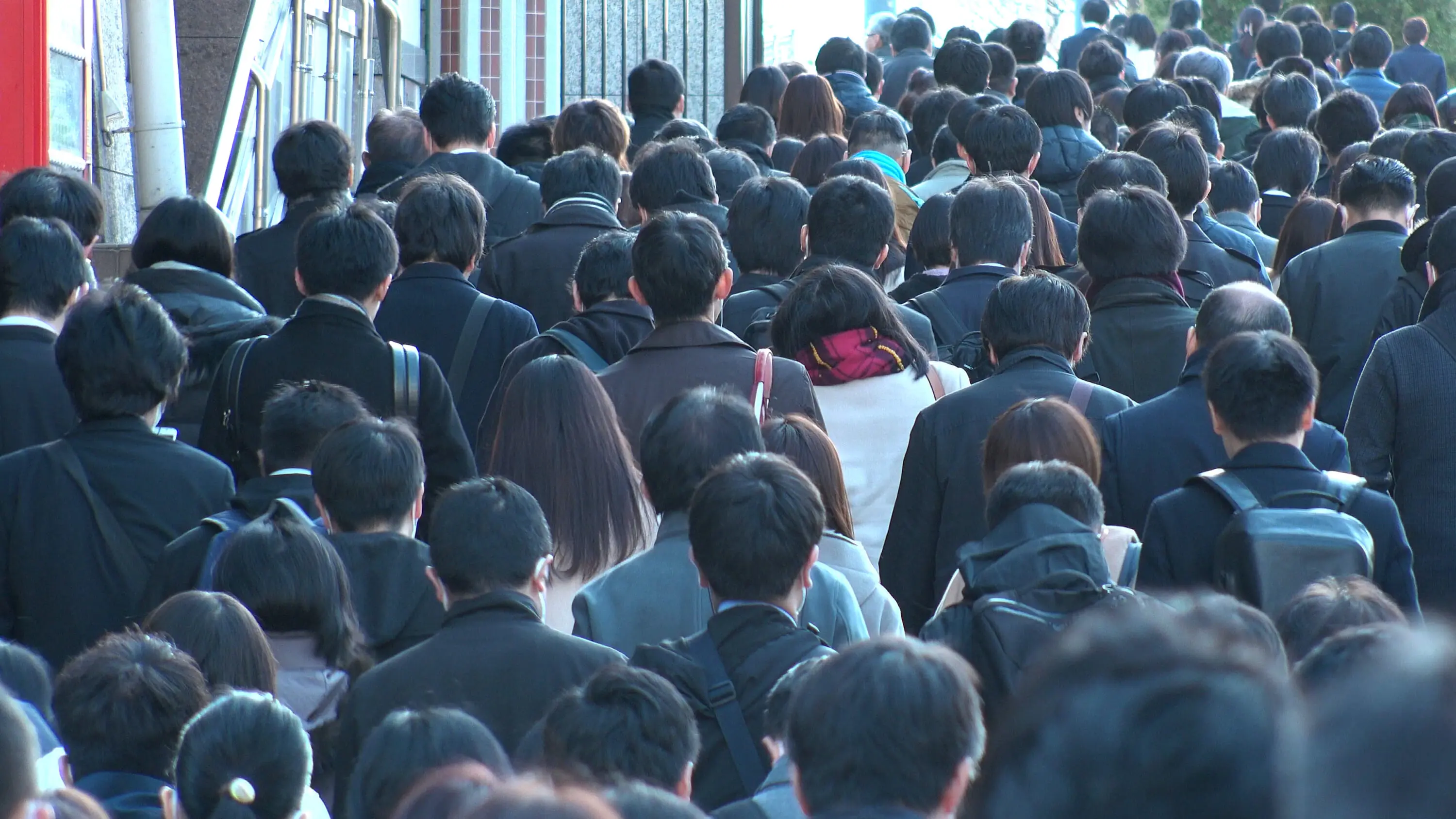If you find yourself spending more time at your desk than in your bed and the notion of a work-free weekend seems like a distant memory due to relentless email notifications, you may be employed by one of Japan’s notorious “black companies,” or burakku kigyo.
This term, which emerged among young IT professionals in the early 2000s, characterizes companies with excessively demanding and often ruthless work cultures. The concept gained widespread recognition in 2012, when journalists, activists and academics established the Black Corporations Award. This initiative allowed the public to cast their vote for what they deemed “the most evil corporations of the year.”
While occasionally extending work hours might be a common expectation in any career, persistent overexertion could be a sign that it’s time to update your LinkedIn profile and start circulating your resume.

1. Overtime Overload
It’s late, you’ve been at work for hours after your working day was supposed to end. You glance over at your boss’s desk in the hope that you’ll see an empty chair so you can finally leave the office without a massive feeling of guilt.
If this scenario is all too familiar and you’re not compensated for the extra time, your workplace is crossing a line. While an occasional late night to get that tricky client project finished on time is a pretty reasonable request in the corporate world, being expected to regularly burn the midnight oil without proper recognition or pay is a classic hallmark of a black company.
2. Work-Life What?
Are you constantly checking your phone on the weekends to see if your boss has sent another list of tasks to get done ASAP? Is your Netflix and chill time regularly interrupted by late-night client requests that have to be done by EOD? If you answered yes, you’ve got big red flags on your hands. Healthy workplaces encourage you to have a life outside of the office, understanding that rest and rejuvenation boost creativity and productivity. If your company frowns upon taking vacations or expects you to be available 24/7, it’s a sign that they might not have your best interests at heart.

3. The Vibes Are Less Than Immaculate
A supportive and positive work environment is as crucial as the work itself. If you’re in a place where negativity thrives, where you’re constantly under undue pressure or where unfair treatment seems to be the norm, it might be detrimental to your mental and emotional health. Workplaces should be spaces where you feel valued and respected, not demeaned or stressed. If you dread going to work because of the atmosphere, it’s worth considering if this is the right place for you.
4. Mystery Moves
In any relationship, communication is key — and that includes the relationship between you and your employer. If you’re often left in the dark about company decisions, future plans or even your own job security, it’s a sign of a lack of transparency. Good companies make an effort to keep their employees informed and involved, fostering a culture of trust and openness. Being part of a team means being in the loop, not out of it.

5. Sky-High Expectations
It’s late afternoon, and your thoughts are already turning to your evening plans when you hear those dreaded words: Can you get this done by EOD today?
It’s normal for jobs to have expectations, but when those expectations start to feel like you’re being set up to fail, it’s a problem. Unrealistic goals can lead to constant stress, feeling overwhelmed and burnout. A good workplace sets challenging but achievable targets and provides the support and resources you need to meet them. If you’re always playing catch-up and feeling like you’re not good enough, the issue might not be your skills but rather the expectations placed upon you.
6. Health? What’s That?
Your health is your most valuable asset, and your employer should treat it as such. If your workplace dismisses safety concerns, ignores the need for ergonomic workspaces or expects you to soldier on through illness, they’re not prioritizing your well-being.
Moreover, mental health is just as important as physical health. An employer that offers support for stress, recognizes the need for mental health days and promotes a healthy work environment is gold. If your company falls short in these areas, they’re not looking out for you and could be a black company.

7. A Revolving Door
A quick glance at the company’s turnover rate can tell you a lot. If employees are constantly leaving or being fired, it’s a sign that something’s not right. While there can be many reasons for high turnover, in the context of a black company, it often points to widespread dissatisfaction and unsustainable working conditions. Stable companies retain their employees by creating positive, supportive work environments. If it feels like your company operates with a revolving door of employees, it might be time to ask why.
Time for a Change
Recognizing these signs can help you make informed decisions about your career and well-being. Japan’s work culture is evolving, and awareness is the first step toward change. Remember, you deserve a workplace that respects your time, values your health and supports your professional growth. Here’s to avoiding a black company and finding a job that fits not just your career goals but also your well-being.









